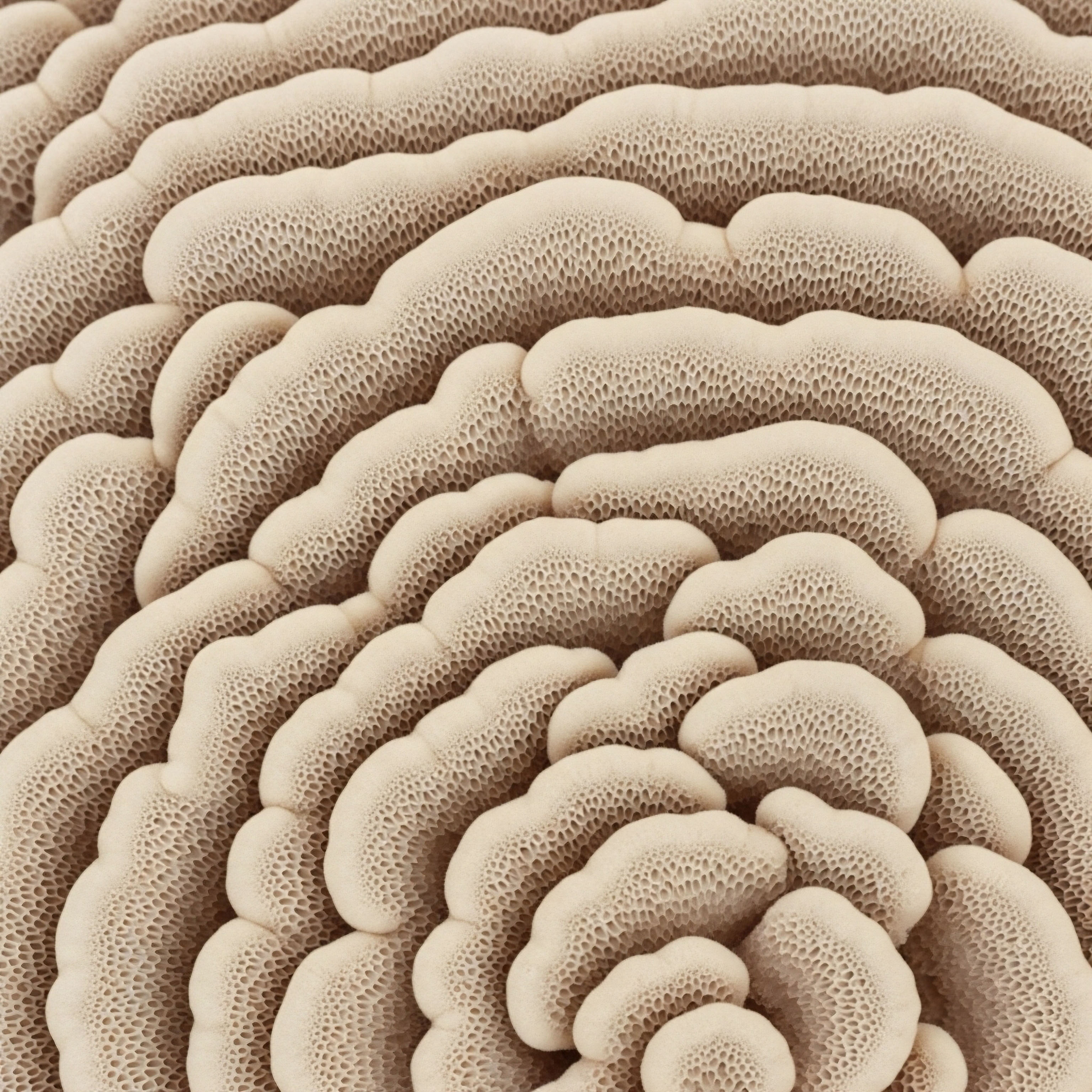How Do Hormonal Therapies Influence Cardiovascular Health Outcomes?

Hormonal therapies can modulate cardiovascular health by influencing metabolic markers, vascular function, and cardiac tissue directly.
HRTioJuly 25, 2025

